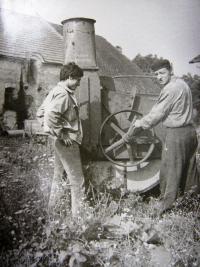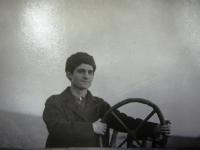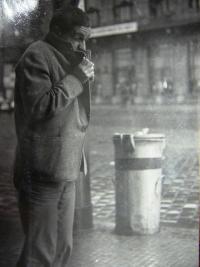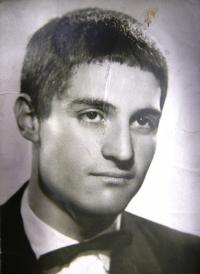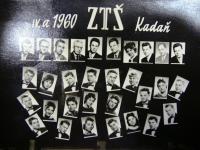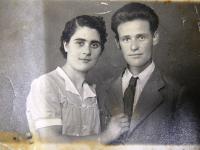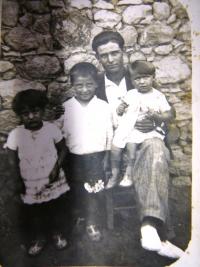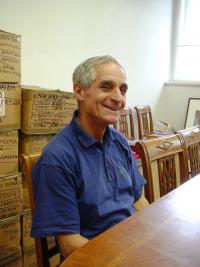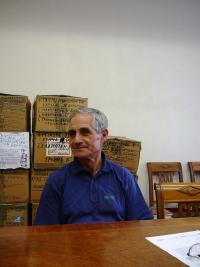“The heart lies in Greece, but the brain and the reason are here, in the Czech Republic.”
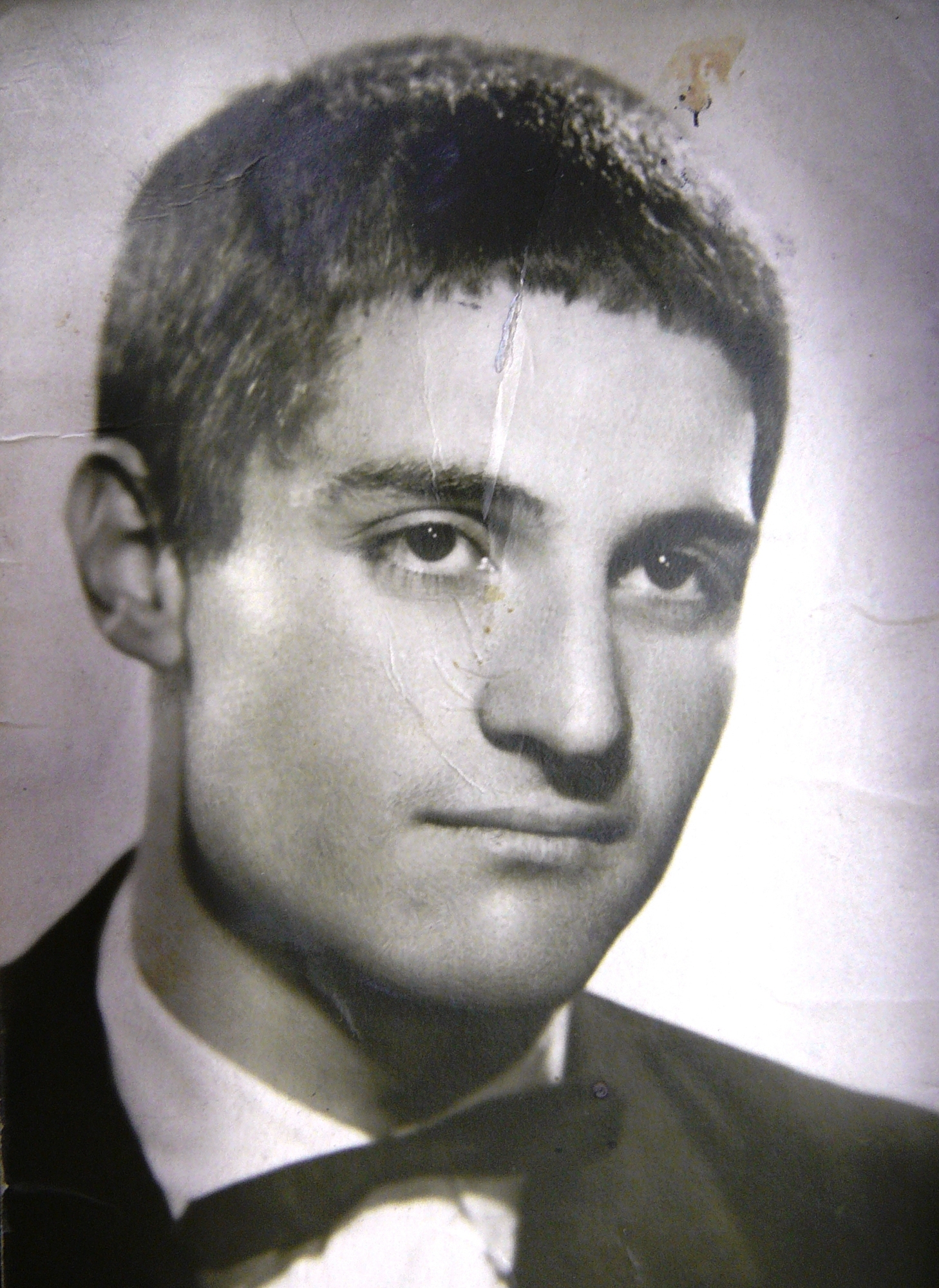
Download image
Nikolaos Dumalas was born on the 6th of August 1942 in the village of Andro, in northwestern Greece. In 1947, he fled with his mother to Bulkes in Yugoslavia. A year later he was placed on a transport with other children, headed to Czechoslovakia. His father died during the civil war and his mother travelled after her son in 1949. Nikolaos Dumalas grew up in several children’s homes until he started attending an agricultural school in Kadaň in 1956. He went on to the Agricultural University in Prague, graduating in 1965. During his lifetime, he worked at JZD Štědrá (an agricultural co-op) and at the Prague State Estate. In 1969, he married a Czech and took up permanent residence in Prague. He currently works for the Greek Embassy. In the past twenty years, he has visited Greece several times. When he was younger, he did consider returning for good, but now that is out of the question. Only his brother repatriated. For Nikolaos Dumalas, his home is in Prague with his wife, his children and grandchildren. Despite this, he has never given up his Greek citizenship and is not considering doing so. As he puts it, he feels like a foreigner in Greece, but his heart remains there nonetheless.
